Ces homélies ont été présentées a la manière bilingue ; ici on les présente une en anglais, l’autre en français.
These homilies were delivered half in English, half in French; however, they are presented now one in English, the other in French.
Notre Dame Cathedral-Basilica, Ottawa, ON
Solemnity of All Saints – Saturday, November 1, 2014
THE CHALLENGE OF BECOMING SAINTS
[Texts: Revelation 7.2-4, 9-14; [Psalm 24]; 1 John 3.1-3; Matthew 5.1-12a]
My dear brothers and sisters in Christ:
Biblical usage of the terms “holy ones” and “saints” applies them to all who are distinct because of their relationship with God.
One Hebrew term suggests that those associated in covenantal faithfulness are bound to God in love (cf. Psalms 31,23; 148.14).
Another Hebrew term (“holy”) identified God's people as “set apart” and dedicated to service of the divine (cf. Daniel 7:27).
In the New Testament, the term “saints” regularly translates the term for “holy ones”. Generally, it refers to Christians in contrast with unbelievers (cf. 1 Corinthians 6.2).
Paul uses the term “saints” interchangeably with those who are “God's beloved”, all who are “called to belong to Jesus Christ” (Romans 6.2).
In the Book of Revelation, the term “saints” is frequently used to refer to Christian martyrs (17.6).
In other words, the term “the saints” is an appropriate designation for Christians. The Second Vatican Council reflected this doctrine in its declaration that God's call to holiness is universal. Sanctity is the vocation of each disciple of Christ.
Thus, while today's Solemnity of All Saints praises God for all who have been recognized by the Church, it may serve as an occasion for Catholics to consider their own personal call to be God's holy ones in the contemporary world.
The beatitudes—the charter of rights and obligations of the members of the people of God—reflect both God's initiative and human response in the process of holiness.
If they are taken as the admission standard for the Kingdom of Heaven, it is clear that no one would qualify. But if they are seen as gifts of God, to which each disciple responds in his or her life, they are stimuli to Christians to live up to the challenges God sets before them.
“Blessed are the poor in spirit,” is the first of the beatitudes; I appreciate one translation that attempts to say what this means by translating the words as follows: “how blest are those who know their need of God, the Kingdom of Heaven is theirs”.
Unless one experiences a hunger for eternal life that only God can satisfy, one cannot be open to the gift of the Kingdom that God freely gives. This notion is also at the heart of the second beatitude, “blessed are those who mourn, for they will be comforted” [by God].
The experience of grief, through the loss of a loved one, leaves a person feeling terribly vulnerable, hollow, empty—a state that God ultimately transforms with the gift of divine consolation. This is a sentiment that needs to be kept before us as we recall our beloved dead tomorrow at the commemoration of all the faithful departed and throughout the month of November, which is dedicated to praying for our deceased.
As they live in a state of constant receptivity to God's blessings, believers find themselves being transformed from within. As disciples live in openness to God's gift of the Kingdom, their human hearts are gradually purified. They begin to wish for others what they themselves have received: “Blessed are those who hunger and thirst for righteousness, for they will be filled; blessed are the pure of heart, for they will see God”.
As the Christian lives out the call of the beatitudes, he or she becomes ever more like Christ, the chief exemplar of the Kingdom. This is the point made by the author of the First Epistle of John, “we are God's children now; what we will be has not yet been revealed. What we do know is this: when he is revealed, we will be like him, for we will see him as he is”.
Through the outlook of the beatitudes, Christians are enabled to live as Jesus did, even to embracing persecution and suffering as he did: “blessed are you when people revile you and persecute you and utter all kinds of evil against you falsely on my account. Rejoice and be glad, for your reward is great in Heaven”.
This perspective on suffering has given joy to persecuted Christians through the centuries and we know how heroic our sisters and brothers in the Middle East continue to show themselves in the persecution they are suffering. We remember them in our prayers especially today.
Nowhere is this Christian perspective on suffering so clearly articulated as in the Book of Revelation written at the height of Roman oppression against Christians in the late first century. The seer St. John describes them this way: “these are they who have come out of the great ordeal; they have washed their robes and made them white in the blood of the Lamb”.
Today we celebrate the victory of all who have become the friends of God throughout salvation history. We have statues of many men and women who have been canonized. In the side altars we have St. Martin de Porres and St. Rose of Lima and other blessed from the Americas, awaiting the times when holy men and women of Canada would be beatified and canonized.
Well, that has happened in the two Marguerites (Bourgeoys and d’Youville), Kateri Tekakwitha, Brother Andre, Francois de Laval and Marie de l’Incarnation and the time has come, I suggest, to substitute some of the blessed with our own Canadian saints. I encourage our Rector, Mgr Berniquez to discuss with the appropriate parish committees so that steps can be taken to honour our own saints.
The victory of holiness is God's, but it is realized in those who welcome it with joy. Let us pray that we may experience this today as we celebrate all saints and reverence some of the relics of saints which generations before us have treasured.
As we reverence these holy ones, let us recall our own personal call to holiness and invite our Blessed Mother, St. Joseph and all our patrons to intercede for us and all in the holy Church of God that is in Ottawa!
* * *
Commémoration de tous les fidèles défunts – le 2 novembre 2014
En la chapelle des Archevêques – Cathédrale Notre-Dame
Dans l’espérance de la Résurrection
[Textes : Sagesse 4, 7-15; Psaume 26(27);Romains 14, 7-9b-12; Jean 6, 6, 37-40]
Chers frères et sœurs dans le Christ,
Comme le dit si bien saint Paul dans sa lettre aux Romains, la vie et la mort de chacun, chacune, d’entre nous a de l’importance pour les autres. Nous avons tous été très touchés par la mort du caporal Nathan Cirillo qui a été abattu près du cénotaphe ici à Ottawa le 22 octobre dernier et cela s’est manifesté de manière très tangible lors des funérailles régimentaires auxquelles il a eu droit. Le cœur de tous les Canadiens, de toutes les Canadiennes était avec lui et sa famille à Hamilton ce jour-là.
Lorsqu’on parle de la mort, nous les chrétiens, nous allons plus loin. Nous croyons en la résurrection de Jésus et nous sommes convaincus que toute personne qui accueille le Christ trouvera le bonheur éternel auprès de lui.
Nous sommes membres de l’Église du Christ, d’une Église dont le regard s’étend au-delà de la vie sur terre. Cela paraît dans notre façon de traiter les personnes qui nous ont quittés ainsi que leurs familles, et de nous souvenir d’elles. Nous croyons dans la communion des saints et dans le besoin de prier les uns pour les autres. Cela fait partie de notre foi catholique.
Le 2 novembre nous commémorons tous les fidèles défunts – ce jour suit celui de la solennité de tous les Saints. Durant tout le mois de novembre, nous avons une pensée, nous offrons une prière spéciale pour les personnes qui sont décédées. Cela fait partie de notre tradition.
Chaque année, nous nous rassemblons dans cette chapelle pour recommander au Seigneur, de manière toute spéciale, les évêques et les archevêques qui sont morts dans le Christ et qui ont cherché à le servir dans l’archidiocèse d’Ottawa. Nous prierons près de leurs tombeaux après la messe.
Aujourd’hui, je vous invite à prier également pour toutes les autres personnes : les évêques auxiliaires, les prêtres, les diacres, les agents de pastorale, les catéchètes, ainsi que tous ceux et celles qui nous ont précédé dans la foi. Demandons au Seigneur d’accorder à toutes ces personnes la récompense promise et de leur faire une place auprès de lui. Prions aussi pour nos parents et nos amis qui ont partagé avec nous leur foi dans le Seigneur, ainsi que tous les autres que nous voulons aussi confier à la miséricorde et à l’amour de Dieu.
À cause de la température qui prévaut au Canada et dans la région d’Ottawa à ce temps-ci de l’année, les célébrations diocésaines et paroissiales pour des défunts ont généralement lieu autour de la solennité de l’Assomption de Marie et en septembre. Au début novembre, nous le savons trop bien, il fait déjà froid!
Les catholiques ont un grand respect pour le corps – pour celui des vivants comme pour celui des défunts. Nous prenons soin de nos cimetières et nous nous souvenons de ceux et celles qui nous sont chers. La liturgie témoigne de notre foi dans la résurrection des corps. C’est avec nos corps que nous avons pratiqué la charité, que nous avons témoigné de notre amour et de notre affection. C’est en se servant de notre corps que nous avons travaillé, que nous avons aidé les autres, que nous avons peiné et que nous avons rendu gloire à Dieu.
Nos corps, les Écritures Saintes nous le disent, sont des Temples de l’Esprit Saint. Dieu a tant aimé le monde que Jésus a pris chair dans le mystère de l’Incarnation. C’est avec son corps que Jésus a souffert et est mort sur la croix. C’est avec son propre corps qu’il nous a sauvé.Jésus Christ a institué l’Eucharistie afin que nous puissions nous nourrir de sa chair et de son sang, de cette nourriture qui nous apporte la vie éternelle. Le passage de l’évangile que nous venons d’entendre arrive tout juste après celui dans lequel Jésus affirme être ‘le Pain de vie’. Jésus affirme qu’aucun de ceux que le Père lui a donnés ne sera perdu, qu’il les ressuscitera tous au dernier jour.
Voilà pourquoi nous traitons le corps de nos frères et sœurs avec respect durant la vie comme après la mort.
La sépulture chrétienne est un acte de foi. Nos cimetières catholiques sont des lieux sacrés où sont déposés les corps de nos ancêtres. Nous sommes chanceux d’avoir des cimetières qui nous rappellent notre foi.
Il n’y a pas si longtemps, l’Église ne permettait l’incinération des corps qu’en de rares circonstances (en temps de peste ou de guerre). On considérait l’incinération comme étant un refus de croire en la résurrection des corps au dernier jour. Depuis que l’Église accepte l’incinération (Catéchisme, no 2300), un nombre croissant de personnes semblent y avoir recours. Malgré cela, l’Église favorise toujours l’ensevelissement des corps afin de pouvoir rendre au corps tout l’hommage qu’il mérite. Même lorsqu’il y a incinération, l’Église recommande que la liturgie des funérailles se déroule en présence du corps et que l’on procède à l’incinération seulement par la suite.
Que le corps soit enseveli ou incinéré, certains principes restent les mêmes : on doit toujours respecter le corps; on doit déposer les restes dans un endroit convenable - dans un lot de cimetière ou columbarium- ; on ne doit pas répandre les cendres ici et là ou les garder chez soi; on ne doit pas s’adonner à l’incinération avec l’intention de montrer que nous ne croyons pas dans la résurrection des corps.
Si vous garder chez vous les cendres d’une personne que vous aimez, déposer les dans un columbarium ou au cimetière le plus tôt possible.
Dans le passage du livre de la Sagesse de Solomon que nous venons d’entendre, l’auteur nous fait réfléchir sur le sort d’une personne qui est décédée lorsqu’elle était encore jeune, une personne décédée avant son temps comme on dirait aujourd’hui. Son décès a peut-être sauvé cette personne d’une corruption à venir nous dit l’auteur. Quoi qu’il en soi, Dieu veille toujours sur ses amis. Cette façon de penser, cette explication qui passe par le négatif trouve difficilement preneur aujourd’hui, surtout parmi les familles éprouvées par une mort soudaine, lorsque la mort arrive comme un voleur dans la nuit.
Au cours de mon ministère – comme prêtre et ensuite comme évêque – j’ai eu le privilège d’accompagner et de soutenir plusieurs familles qui vivaient un deuil. Comme il est dit dans le livre de la Sagesse, bien que la perte d’un être cher apporte son lot de souffrance, les moments de prière et les funérailles qui s’en suivent peuvent s’avérer être des temps précieux qui nous permettent d’approfondir notre foi, de renouveler notre espérance et mieux apprécier quelle est notre véritable condition humaine.
L’expérience nous apprend que lorsque le rituel est brisé – comme lorsqu’on ne célèbre pas de messe funéraire ou qu’on ne dépose pas ou n’enterre pas les cendres - le deuil n’est pas assumé complètement. Malheureusement, cela arrive trop souvent de nos jours, cela peut avoir des conséquences graves sur certains membres de la famille et les amis proches.
Les rites funéraires de l’Église catholique reposent sur une longue et riche expérience humaine. Ces moments où nous sommes confrontés à la dure et mystérieuse réalité de la mort, ne sont pas seulement des occasions de témoigner notre respect pour la personne qui est décédée et qui est en route vers la vie éternelle. Je le répète, parce que cela en vaut la peine, ce sont également des occasions qui nous sont données d’approfondir notre foi et de renouveler notre espérance.
Je vous invite donc à visiter nos cimetières catholiques, à demander l’aide de vos prêtres de paroisse et de leurs collaborateurs lorsque vous êtes confronté à la perte d’un être cher. Ceux-ci sont toujours là pour vous accompagner dans ces moments difficiles, vous aider à préparer les funérailles et recommander celui ou celle que vous aimez à l’amour Père.
Prions pour nos défunts. Demandons au Seigneur de leurs accorder le repos éternel et le bonheur de pouvoir le contempler éternellement. Amen.
Que les âmes de tous les fidèles défunts reposent en paix, par la miséricorde de Dieu. Amen.
Marie, Mère de l’Église, Mère de tous les vivants, priez pour nous !
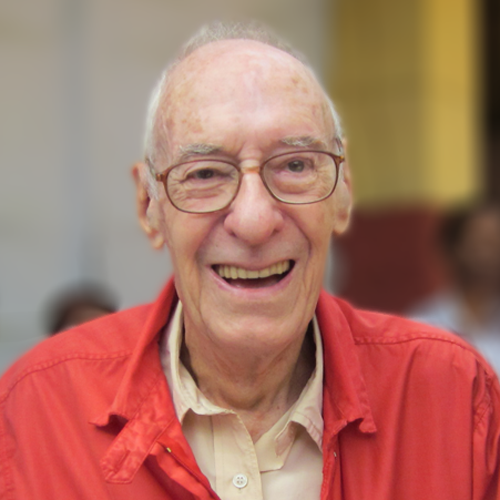



















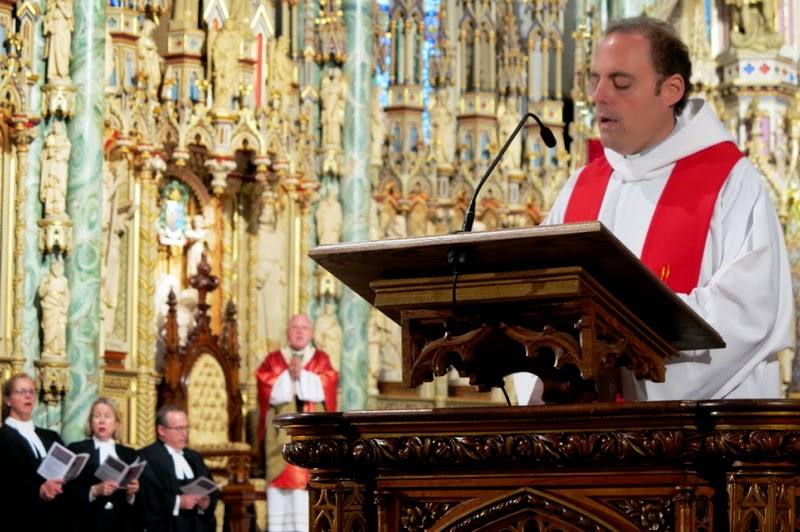
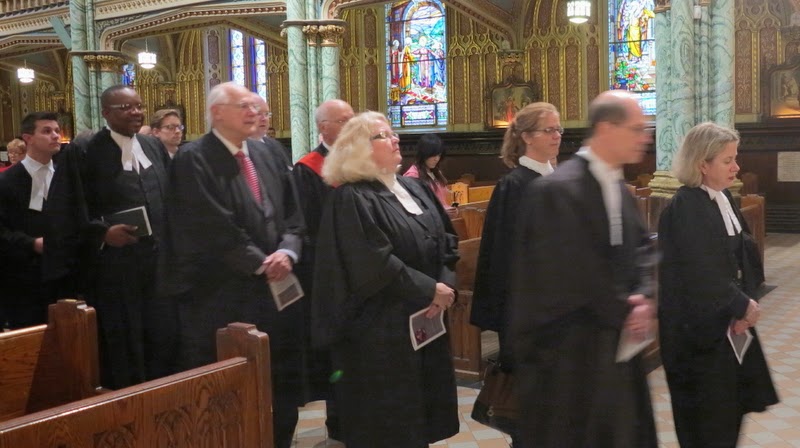
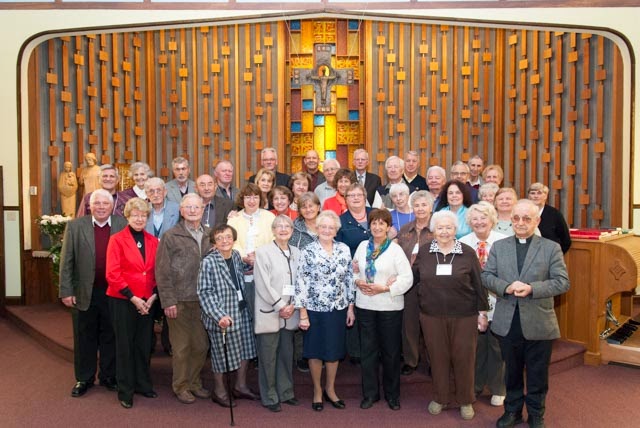


.jpg)
.jpg)
.jpg)
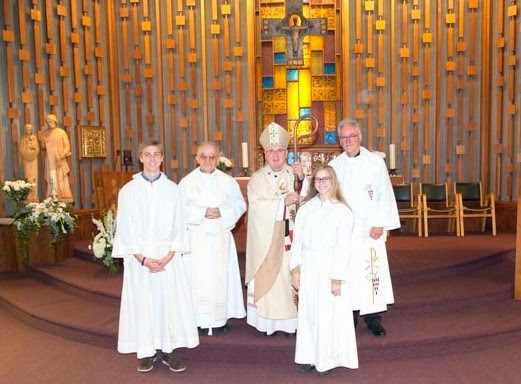.jpg)
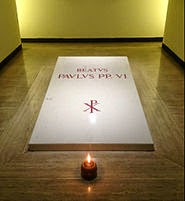


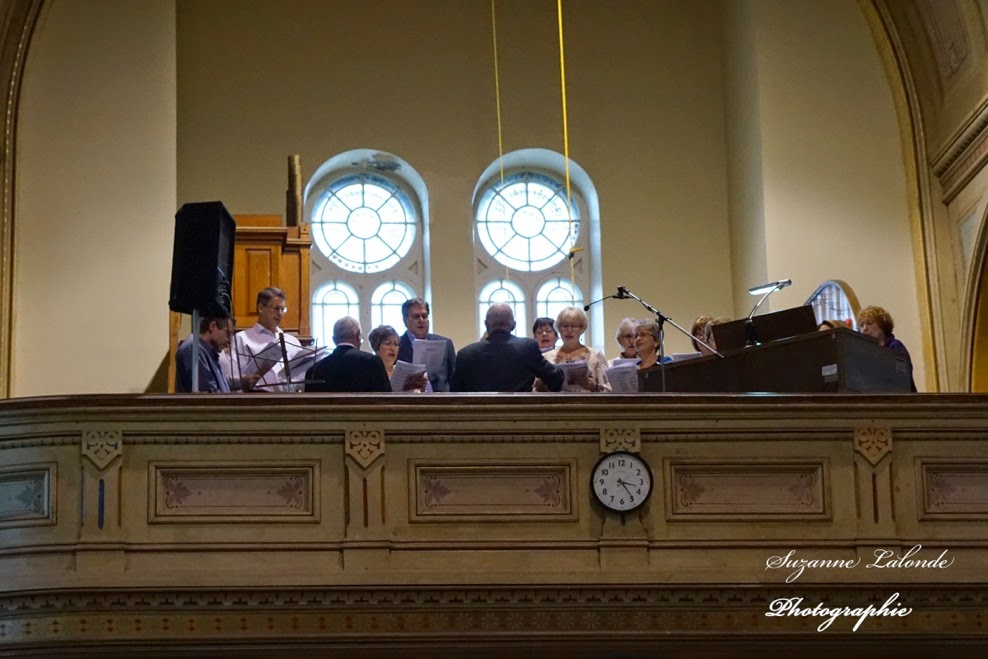




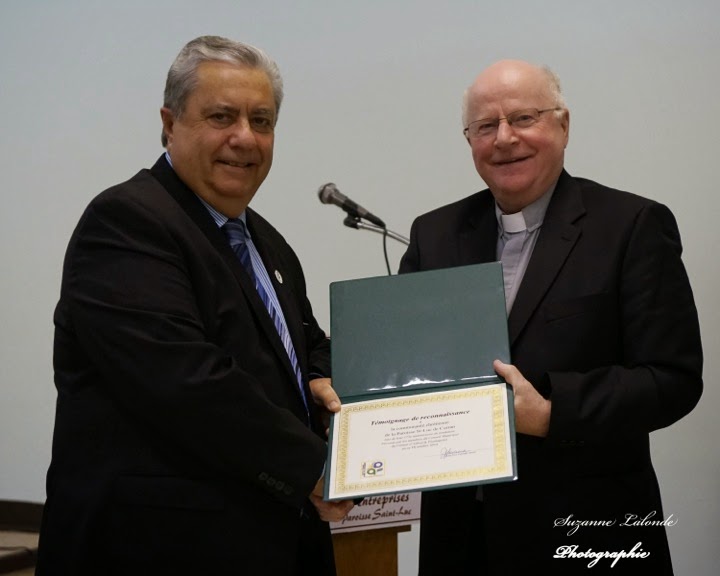

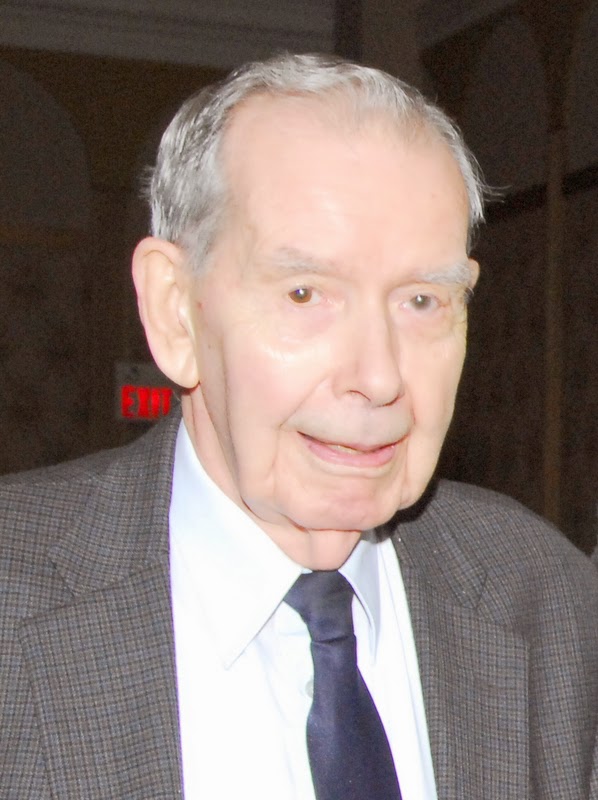

.jpg)
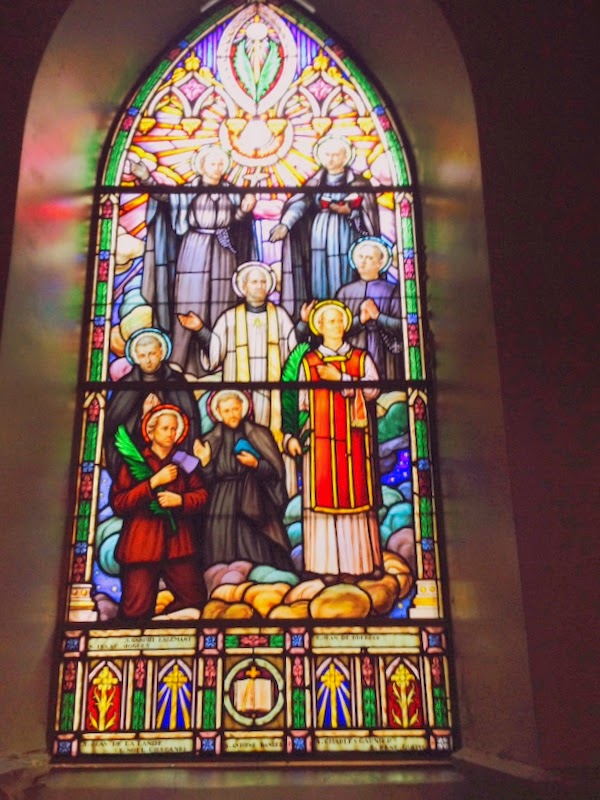.jpg)
-001.jpg)
-002.jpg)
